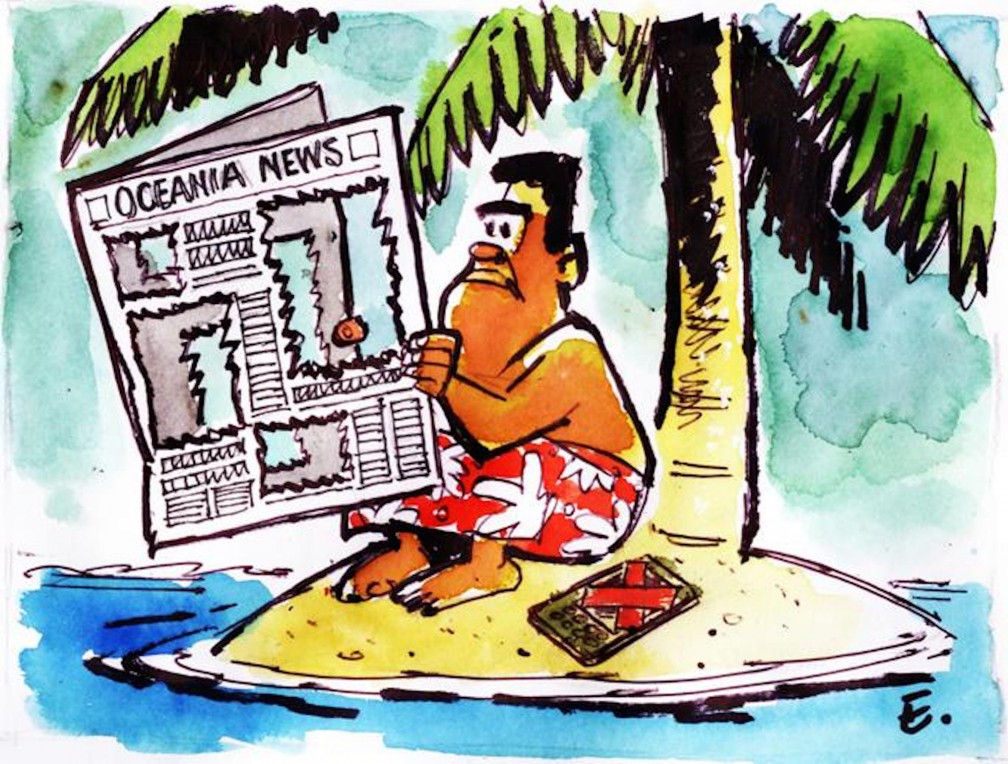In recent years, nearly all communications devices have been designed to adhere to a centralised network model. Wireless access points, laptops, iPhones and other ‘smart’ handheld devices could easily be configured to create or join mesh networks on the fly. The code for it exists. But they don’t.
That’s because most consumer devices are designed to integrate into the existing economic model, which attaches individual customers to central networks.
Most of the time, this presents no problem at all. Network owners take care of the headaches of building and managing the infrastructure and we blithely go about our business.
Blithely, that is, until our interests no longer coincide with the network owners’. The result can be petty nuisances like limitations in using Skype or downloading files. Or they can be life-changing, as the people of Iran have recently discovered.

